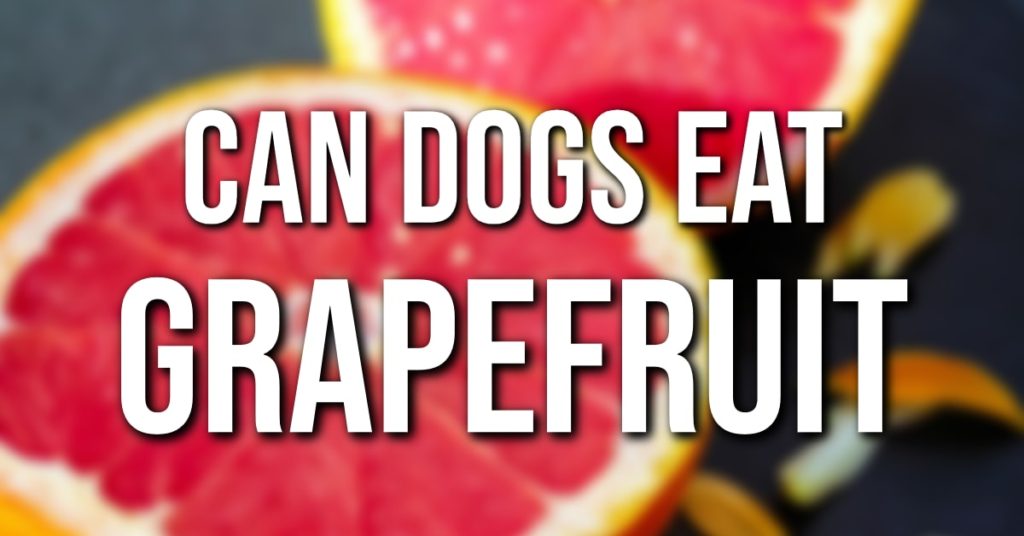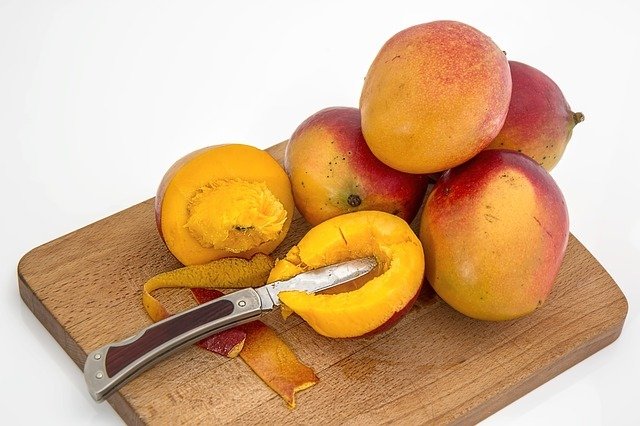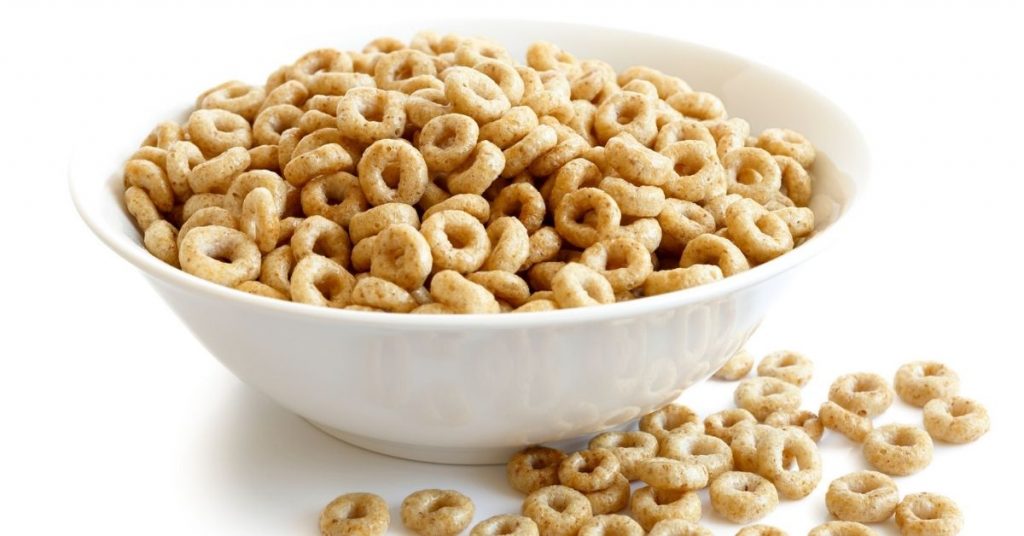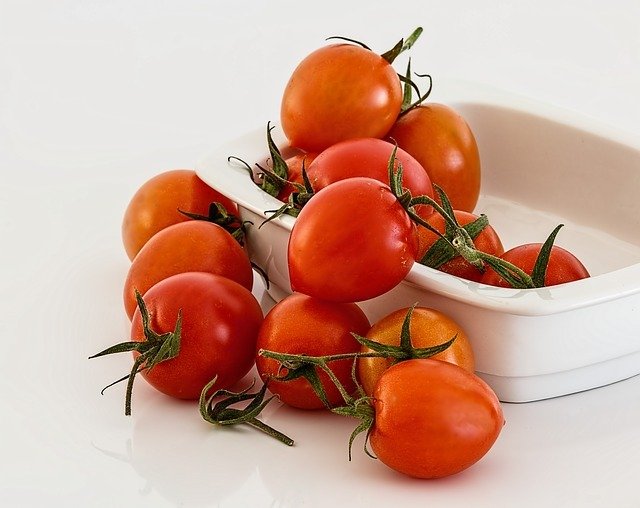
Citrus + Canines = Poisoning
Grapefruit: Toxic for Dogs
It is easily assumed that if grapefruit is healthy for us, it should be as well for our dogs, right?
Grapefruit and any other citrus fruits are highly toxic for dogs and should never be given to your furry pal.
We are going to “peel” away the layers of information to discover why citrus is toxic, what it can do to your dog and symptoms of poisoning.
What Makes Grapefruit Toxic For Dogs?

There are specific toxic components in the grapefruit itself and also in the leaves of a grapefruit tree.
These toxins are why dogs cannot have grapefruit.
Linalool, Limonene, and Psoralens are found in the peel, skin, seeds, and leaves of grapefruit.
- Definition of linalool: a fragrant liquid alcohol C10H18O that occurs both free and in the form of esters in many essential oils and is used in perfumes, soaps, and flavoring materials.
“Linalool.” Merriam-Webster.com. Merriam-Webster, n.d. Web. 8 Oct. 2018.
- Definition of limonene: a widely distributed terpene hydrocarbon C10H16 that occurs in essential oils (as of oranges or lemons) and has a lemon odor.
“Limonene.” Merriam-Webster.com. Merriam-Webster, n.d. Web. 8 Oct. 2018.
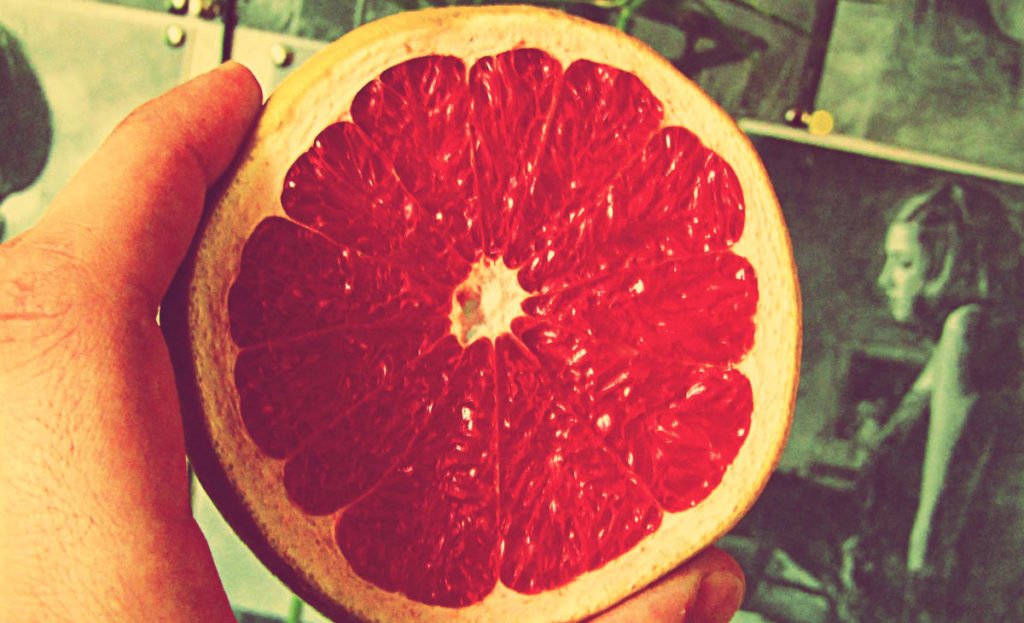
- Definition of psoralen: a substance C11H6O3 found in some plants that photosensitizers mammalian skin and is used in conjunction with ultraviolet light to treat psoriasis also: any of various derivatives of psoralen having similar properties
“Psoralen.” Merriam-Webster.com. Merriam-Webster, n.d. Web. 8 Oct. 2018.
Linalool and d-Limonene
Linalool and d-Limonene are extracted from citric sources (grapefruit included) and is used in flea dips, flea shampoos, bug repellant spray, and insecticides.
Both of these components are also present in the grapefruit itself. When ingested by a dog, the dog’s liver metabolizes linalool and d-limonene quickly resulting in a number of symptoms that your dog may display.
Psoralens
Psoralens is a third component that is naturally present in grapefruit. Astonishingly, psoralens is used as a drug to treat a number of skin conditions in humans such as psoriasis, eczema, vitiligo, and cutaneous T-cell carcinoma just to name a few.
Grapefruit Poisoning Symptoms
If you are aware that your dog has ingested grapefruit leaves, grapefruit or grapefruit juice, contact your vet immediately. If left untreated, it could prove fatal.
Some of the symptoms of grapefruit poisoning are:
- Vomiting
- Diarrhea
- Trembling
- Ataxia
- Weakness
- Drooling
- Falling
- Hypothermia
- Low blood pressure
- Dermatitis
- Skin sensitive to Light
Visiting the Vet
Your vet will generally treat your dog immediately if your dog has consumed a large amount of grapefruit (half or a whole) due to the amount of toxins your dog will have ingested.
Treatment may include:
- IV Fluid
- Flushing the stomach
- Activated charcoal
- CBC panel
- Induced vomiting
Disturbing Facts About Linalool and d-Limonene
Flea Treatment, Repellents, Sprays, Insecticides
- A number of flea treatments, repellants, bug sprays, and insecticides contain Linalool and d-Limonene.
- Linalool and d-Limelene are also present in products that dog owners as well as dog groomers use daily on dogs to repel fleas, ticks, and insects.
Natural Products
Many choose to use natural products for their dogs such as flea and tick repellant spray trusting that taking the added step towards “natural” is safer for their dog. “Natural” is not necessarily a safe alternative as these too contain the dangerous Linalool and d-Limonene oils.
Essential Oils (for Home Use)
Essential oils that we love and use for home, aromatherapy and medicinal uses are not all safe for use with our pets.

There are specific essential oils that contain Linalool and d-Limonene. These should not be used on or around dogs or cats because of the toxicity to the pets.
- Grapefruit
- Garlic
- Clove
- Birch
- Tea Tree
- Thyme
- Anise
- Wintergreen
- Peppermint
- Horseradish
- Juniper
Before giving your pup a treat or something to eat, be sure that it’s safe and healthy.
Lastly, be attentive to using any essential oils around your pets and especially of the natural sprays and repellents that you use topically on your dog.

